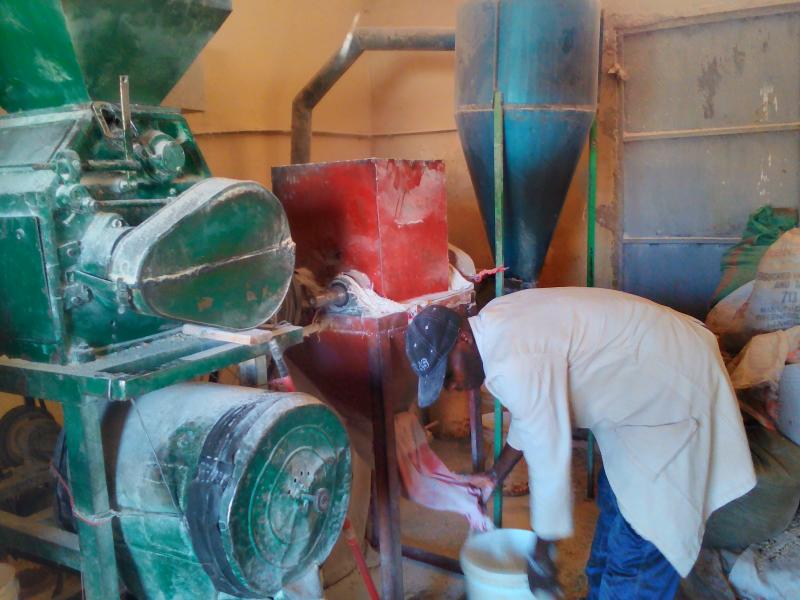×
The Standard e-Paper
Home To Bold Columnists

NAIROBI, KENYA: Nelson Chege, owner of Hekima Posho mill in Kimabu County, says he nearly died during his days as a jet fighter for the military.
“After escaping death by a whisker in the battlefield, I didn’t think twice about quitting,” he said. “The scar on my face is a sign that anything can happen in a war zone. I was always on the look out because the enemy could strike any moment.”